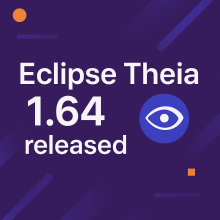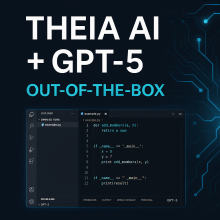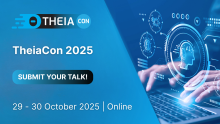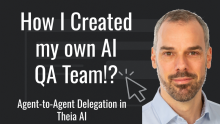Meet the Eclipse SDV Committers: Michael Engel from Eclipse BlueChi
In this edition of our Meet the SDV Committers series, Michael Engel talks about his path into automotive software, the transformative role of open source, and his contributions to advancing the software-defined vehicle ecosystem.






